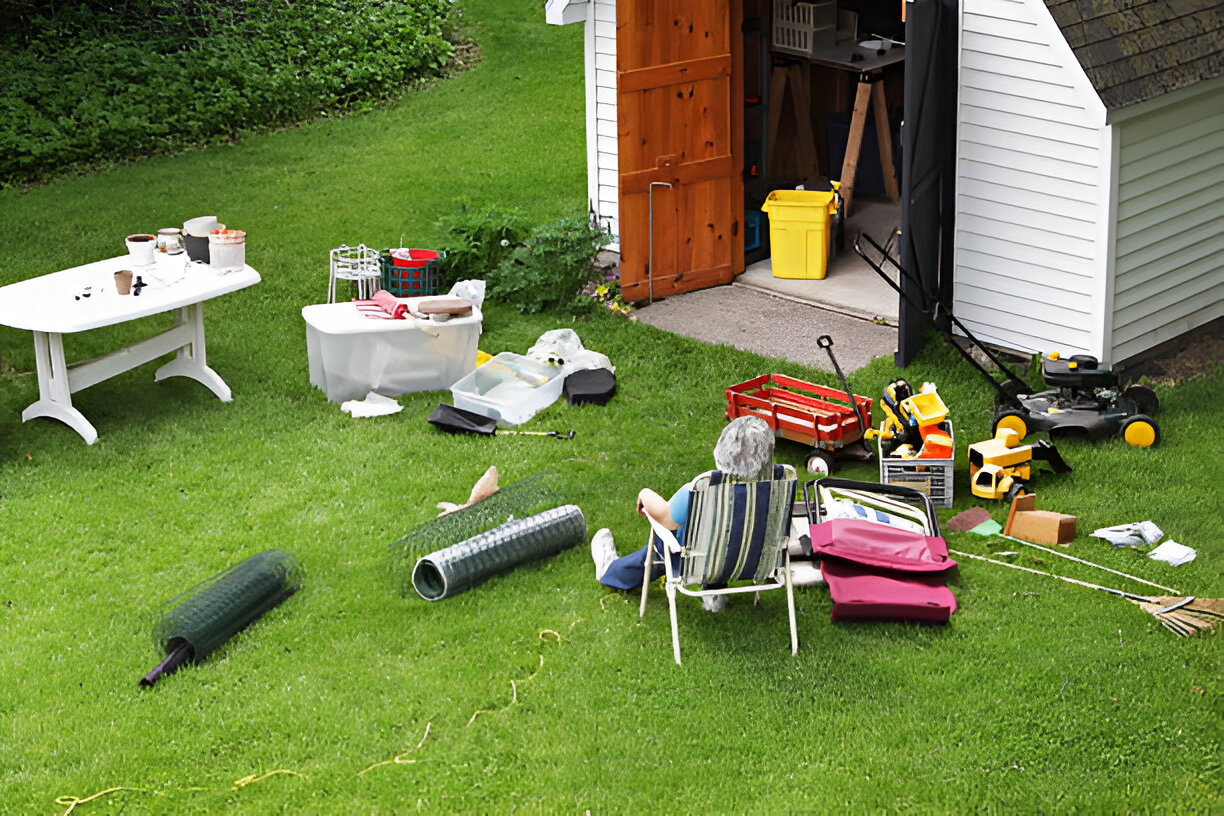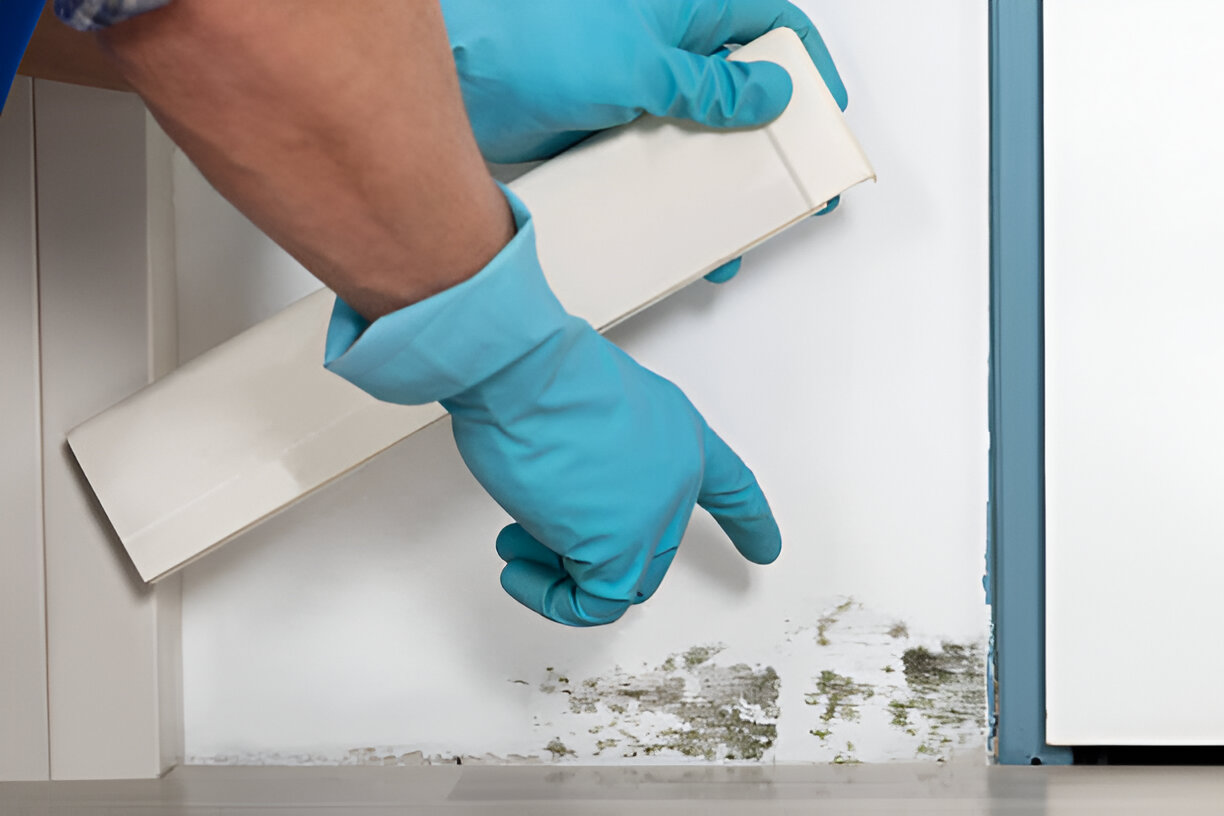Some of the best household cleaners come from ingredients in your pantry. Whip up your own homemade cleaners that are easy on your wallet and the earth. Get our natural cleaning recipes for homemade air fresheners, window and glass cleaners, laundry detergent, all-purpose cleaner, and more.
How to Deep-Clean Every Room in Your House
01of 13
Must-Have Natural Cleaning Essentials
Stock your cleaning caddy with these household ingredients. Many of these natural cleaning ingredients can be used on their own or in various DIY natural homemade cleaners.
- Baking soda works best on proteins, grease, and animal messes, and because it’s only slightly abrasive, it can scour surfaces without fear of scratching. It’s also a natural deodorizer and less expensive than commercial scrubbing powders.
- Distilled white vinegar works on alkaline substances by dissolving scale, inhibiting mold, and cutting soap scum. A mild acid, it’s terrific for removing rust, tea, and coffee stains. It’s typically sold at a 5% concentration, but it’s more effective at higher concentrations, so pay attention to the fine print.
- Hydrogen peroxide is simply water with an extra oxygen molecule (H₂O₂). It breaks down into harmless oxygen and water, so it’s a more eco-friendly alternative to chlorine bleach.
- Borax is an alkali that’s good for cutting grease, oil, and dirt.
- Essential oils such as tea tree, lavender, eucalyptus, lemon, and lemongrass enhance a cleaner’s scent. Tea tree oil is also naturally antibacterial.
- Castile soap is available in liquid or bar form and helps rinse away dirt. It’s made with olive oil or a vegetable base and is available unscented or scented.
- Clean containers: Store homemade cleaning products in unused, clean containers. Never use bottles that once held chemicals. Label homemade cleaners when you make them, and ensure you use the right solution for the application to keep your family safe.
- Test it: Before you spray a cleaner on any surface, test first in a hidden area to ensure the cleaner doesn’t damage or mar the material.
- When to skip vinegar: Never use vinegar solutions on stone surfaces such as granite or marble, cast iron, aluminum, or waxed surfaces. The acid in the vinegar can etch, pit, and strip finishes or otherwise damage these surfaces.
- 1 cup baking soda
- ½ cup cornstarch
- 5 drops of any essential oil
- Combine the baking soda and cornstarch in a medium bowl.
- Add five drops of your favorite essential oil.
- Stir to combine the ingredients, and pour the mixture into a Mason jarusing a funnel.
- Punch small holes into the jar’s lid using a hammer and nail.
- 2-3 oranges, lemons, and/or limes, sliced
- Handful fresh herbs such as basil, rosemary, or lavender
- 2-4 cinnamon sticks
- 1 teaspoon whole cloves
- 1 bar laundry soap (We like brands such as FelsNaptha, Pink Zote, and Dr. Bronner’s Castile Soap.)
- 1 cup borax
- 1 cup washing soda
- 1 cup oxygen bleach
- 1 gallon distilled white vinegar
- 25-30 drops essential oil (optional)
- ¼ cup baking soda
- 10 drops essential oil, such as lavender
- 1½ cups water
- Use a funnel to add the baking soda to a 12-ounce spray bottle.
- Add the essential oil.
- Fill the bottle with water and shake gently to combine.
- Test on a small, inconspicuous area of upholstery (such as on the back or under a cushion) to ensure it won’t leave a mark.
- 3 cups water
- 1 cup vodka
- 10-20 drops essential oil
- 2 cups water
- ¼ cup distilled white vinegar
- ½ teaspoon dish soap
- 1 gallon distilled water
- ½ cup vinegar
- ¼ cup table salt
- ¼ cup white vinegar
- ¼ cup borax powder
- 3 cups of water
- Two tea bags
- 1 teaspoon lemon juice
- Why should you use homemade cleaners?
- Are homemade cleaners safe for pets?
- Is a steam cleaner a good alternative to store-bought cleaners?




